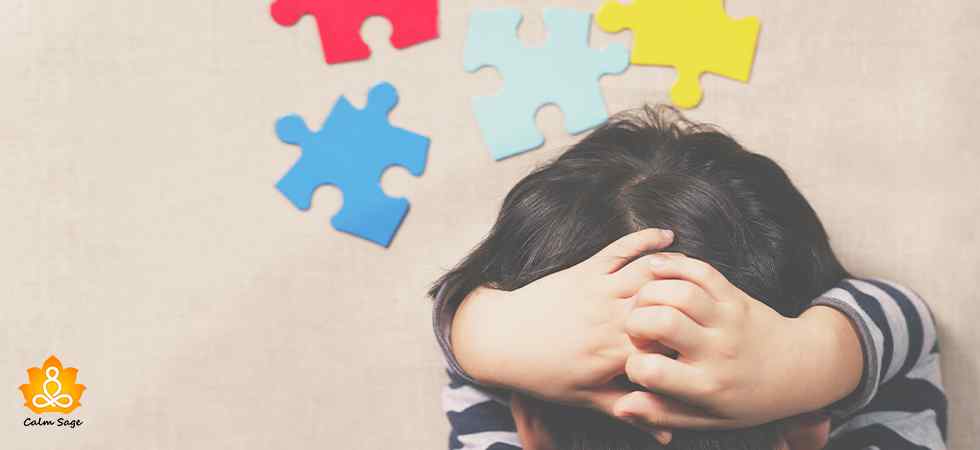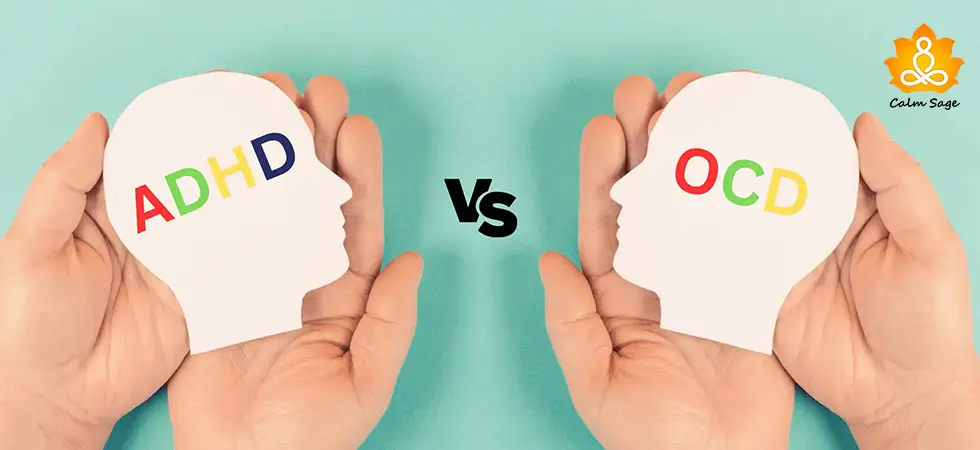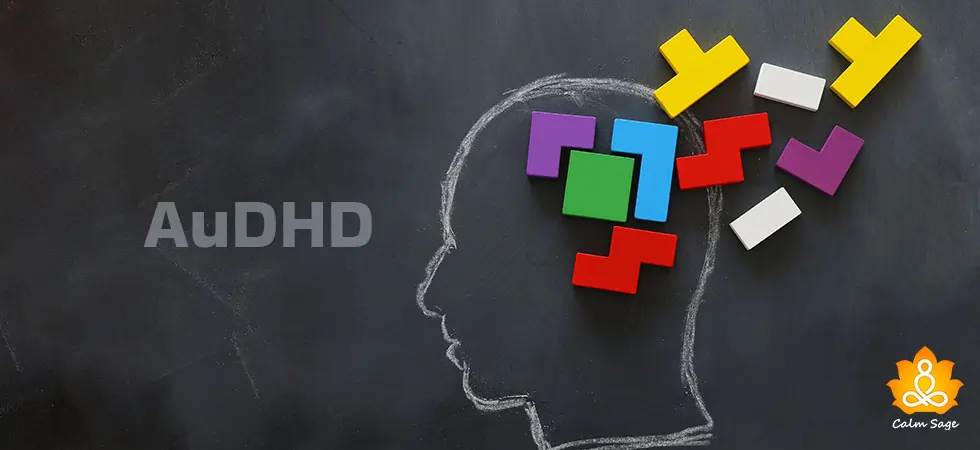Understanding ADHD Meltdowns, Signs, Triggers, And Tips to Soothe Your Child

Parenting is one of the hardest jobs in the world – and this fact can be acknowledged by every parent reading this. But, no matter how challenging, this is the one job that is also the most rewarding and fulfilling. To nurture a child is one of the most honorable things a parent can do. Parenting a child with ADHD, however, is the same, but it comes with its own set of different challenges, one of which is dealing with meltdowns.
Tantrums on their own can be stressful – for the child and the parent, but ADHD meltdowns or ADHD tantrums can be more distressing (again, for the child and the parent). If you have a child diagnosed with ADHD, then the chances of dealing with meltdown increases. ADHD meltdowns, like tantrums, are bouts of frustration and anger that appear unexpectedly. These meltdowns can also include bouts of impulsivity and can be quite extreme.
Understanding the triggers and signs of ADHD meltdown can help and that’s what we’re discussing in this article along with some effective tips to help soothe your child.
What are ADHD Meltdowns?

ADHD meltdowns, also known as emotional outbursts, are intense emotional reactions that can occur when your child with ADHD becomes overwhelmed by their emotions, thoughts, or sensory stimuli. These tantrums are not intentional or an act of misbehavior. The neurological differences in children with ADHD can affect their emotional processing and self-control, contributing to these meltdowns.
Understanding the signs of ADHD meltdowns can help you – a parent, caregiver, older sibling, or teacher – help mitigate the tantrums before they go out of hand. Here are some of the common signs of ADHD meltdowns that you should watch out for;
- Intense anger, frustration, sadness
- Unable to communicate why they feel upset
- Hyperactivity or restlessness
- Impulsivity or impulsive behaviors such as yelling, hitting, etc.
- Shallow breathing, sweating, trembling
- Sensory overload or sensory sensitivity
Triggers for ADHD Meltdowns
There are various reasons why your child with ADHD might have meltdowns. Here are some common ADHD meltdown triggers you need to keep an eye out for;
-
Sensory Sensitivity or Sensory Overload
It is known that children with ADHD are sensitive to sensory stimuli, making them more susceptible to feeling overwhelmed by sounds, lights, textures, etc.
-
Feeling Rejected or Frustrated
ADHD hinders executive functioning and challenges such as impulse control, poor emotional regulation, and more can all cause your child to feel frustrated and lash out through a tantrum. Also, if they face rejection or criticism, then too, they might experience a meltdown.
-
Transitioning
If your child is diagnosed with ADHD, then you need to understand that they may struggle with transitioning from one task or environment to another. This transitioning can also cause feelings of frustration, triggering an ADHD meltdown.
-
Hunger or Fatigue
If your child hasn’t eaten or gotten restful sleep, then this can also trigger an ADHD meltdown. Hunger and tiredness can also worsen emotional dysregulation, especially in children with ADHD.
Tips To Soothe Your Child During ADHD Meltdowns

When your child has an ADHD meltdown, it can be hard on you and your child when you don’t know how to respond to or stop an ADHD meltdown. Here are some tips to help you deal with an ADHD meltdown;
1.Stay Calm
As a parent, you need to stay calm when your child is having a meltdown. Your emotions and how well you control them can be an example for your child on how to behave and deal with a meltdown. So, if your child is having a meltdown, you need to remain calm in front of your child.
2.Make a Safe Space
If your child is having a meltdown and you want to soothe them, then create a safe environment for them where they can retreat during meltdowns. This will allow your child to self-regulate their emotions and recover from their meltdown.
3.Verbally Validate
During an ADHD meltdown, try to acknowledge your child’s emotions without showing judgment. Let them know that whatever they are feeling is valid and that their parent, caregiver, or teacher is there to support them.
4.Offer Distractions
Sometimes, your child might just need a different focus of attention to stop an ADHD meltdown. Try to offer them an activity or a healthy distraction that helps redirect their attention from their trigger. You can also give them a sensory object to help redirect their attention.
5.Offer a Time-Out
One of the best ways to stop an ADHD meltdown in your child is to teach them the value of time-out. During a meltdown, give your child a time-out where they can just breathe, count, or engage in other exercises to calm their overwhelming emotions.
6.Soothe Their Triggers
Identify what triggers your child’s ADHD meltdowns and pay attention to them. When you see the potential triggers, you can take steps to avoid or mitigate them whenever possible. This can be a good preventive measure to stop a meltdown before it even begins.
7.Communicate With Them
Make sure that you – as a parent, guardian, or teacher – create an environment for the ADHD child to feel comfortable talking about their feelings and emotions. Encourage them to speak about their feelings and express their emotions in the best way they can. This can help prevent ADHD meltdowns too.
8.Seek Help
If ADHD meltdowns are frequent in your child’s life and impact their health and mind every time it happens, then consider speaking to a professional about it. You can seek help from a professional therapist who specializes in treating ADHD in children. They can provide effective tools and strategies to help soothe your child.
Wrapping Up…
Meltdowns in children can be stressful enough, but when it comes to ADHD meltdowns, it can take a toll on your child as well as you – a parent or a guardian. Understanding what is it and what an ADHD meltdown looks like can help you soothe your child having an ADHD meltdown. By helping your child learn how to control their emotions and express them healthily, you can not only prevent future meltdowns but also foster a healthier emotional relationship.
Just remember that every child is unique, so make sure your approach is tailored to suit your child’s needs. Not all approaches might be helpful for your child’s needs or symptoms. If you need help, don’t hesitate to seek professional help.
I hope this article helped you learn more about what ADHD meltdowns are and how to stop an ADHD meltdown. Let me know what you think about this article in the comments below.
Take Care!




















